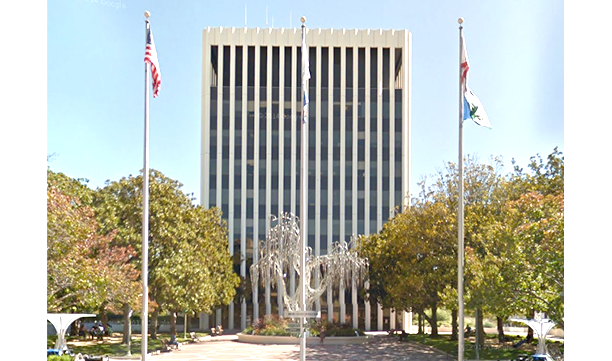
By the Daily Post staff
Palo Alto businesses under 5,000 square feet won’t have to pay the city’s proposed business tax if City Council sticks with its latest iteration.
The tax proposal is fluid and could change as a consultant for the city does a second and third poll.
Council has until August to decide what it will put on the Nov. 8 ballot. Six of seven council members have voted support the tax.
On a 6-1 vote with Greg Tanaka dissenting, council told City Manager Ed Shikada on Monday to prepare a tax that would continue the current business license fee of $50 per year (actually $54 including the state surcharge) for businesses under 5,000 square feet. Larger businesses would be charged $50 for their first 5,000 square feet of space they use, and any space beyond that would be charged per square foot.
Hotels and grocery stores would be exempt.
The amount of the tax would increase with inflation, and the tax — unlike school parcel taxes — would have no expiration.
The council also agreed to have pollster Dave Metz do a third poll after the first one showed most voters would support a business tax.
Tiffany Griego, the real estate managing director for Stanford Real Estate, said the business community should be included in the conversation. She pointed out how much money the properties she manages contribute in sales tax and a gas tax, and she said the rate shouldn’t escalate “forever and ever and ever.” She asked the council to explain what the tax will be used for and analyze its potential economic impacts.
The use of the proposed business tax is still unclear. It began as a transportation tax to fund a shuttle and bridges at the Caltrain crossings. Then affordable housing was added. Last night, one public speaker, Bill Ross, and Tanaka said they wanted more funding for law enforcement. Councilwoman Alison Cormack suggested that the city commit to having a minimum staffing level in the Fire Department.
If the council reserves the tax for a specific purpose, then two-thirds of voters would need to vote yes. So the city is instead dedicating the money to its general fund, which requires 50% approval.
Councilman Tom Dubois last night said there should be an advisory with the tax saying that the money would be used to separate the tracks from the streets and to create affordable housing. While the council wouldn’t be bound to spending the money this way, it would be politically unpopular to reverse it, he said.
Under the latest iteration, businesses would be taxed $50 a year for the first 5,000 square foot of space they use, and they would be charged between 5 cents and 20 cents per square feet per month. So, a 10,000 square foot business would pay$12,050 per year at the higher rate.
Depending on the rate, the city would bring in between $11.7 million and $46 million per year. Cormack said people should manage their expectations: At $750,000 per unit for affordable housing, a lower tax would only create about 13 homes.
The city spent about $200,000 on contractors last year for the tax, and a third poll will cost about $50,000, Chief Financial Officer Kiely Nose said.
Council is also looking at asking voters to approve its practice of transferring profits from the sale of natural gas to the city’s general fund. A court struck down the transfers, and while the case is on appeal, council is considering a ballot measure to make the transfers kosher.
How many square feet?
Here are some examples of different size buildings in Palo Alto:
AT&T Store, 2805 El Camino Real: 2,130 square feet
Summit Bicycles, 392 California Ave.: 5,190 square feet
Apple, 340 University Ave: 16,600 square feet
Safeway, 2811 Middlefield Road: 20,000 square feet
West Elm, 180 University Ave: 37,000 square feet
Macy’s, 300 Stanford Shopping Center: 223,000 square feet
